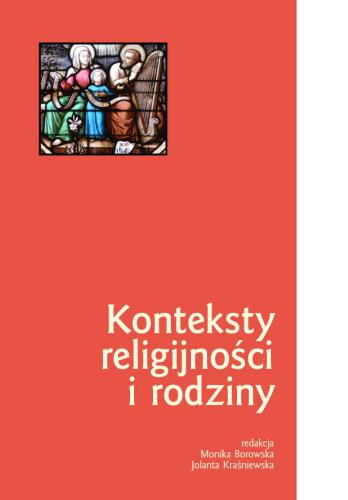Psychological tendencies in the religiosity of people living in non-sacramental relationships
Synopsis
The study analyses psychological parameters of religiosity of believers and practitioners who do not fully participate in sacramental life as a result of a voluntary decision to be in an informal relationship, without having annulled the previous marriage ordained by the Church. The need for a full religious life with experiencing simultaneous obstacles in its implementation suggests specific tendencies in one’s religiosity which is studied from psychological and pastoral perspective. The goal of this study is to seek the answer to questions: Are there specific tendencies in the religiosity of people living in non-sacramental relationships? And if so, what are they characterized by? The theoretical basis of the research is the cognitive and developmental concept of religiosity by Walesa. The study involved examining 19 members of the pastoral care of non-sacramental marriages association using a questionnaire which captures religiosity in eight parameters. The obtained results suggest the existence of ambivalent or negative trends in the following areas:
1. final perspective of life,
2. subjective attitude towards the Church’s precepts,
3. basic priorities in relation to God.



